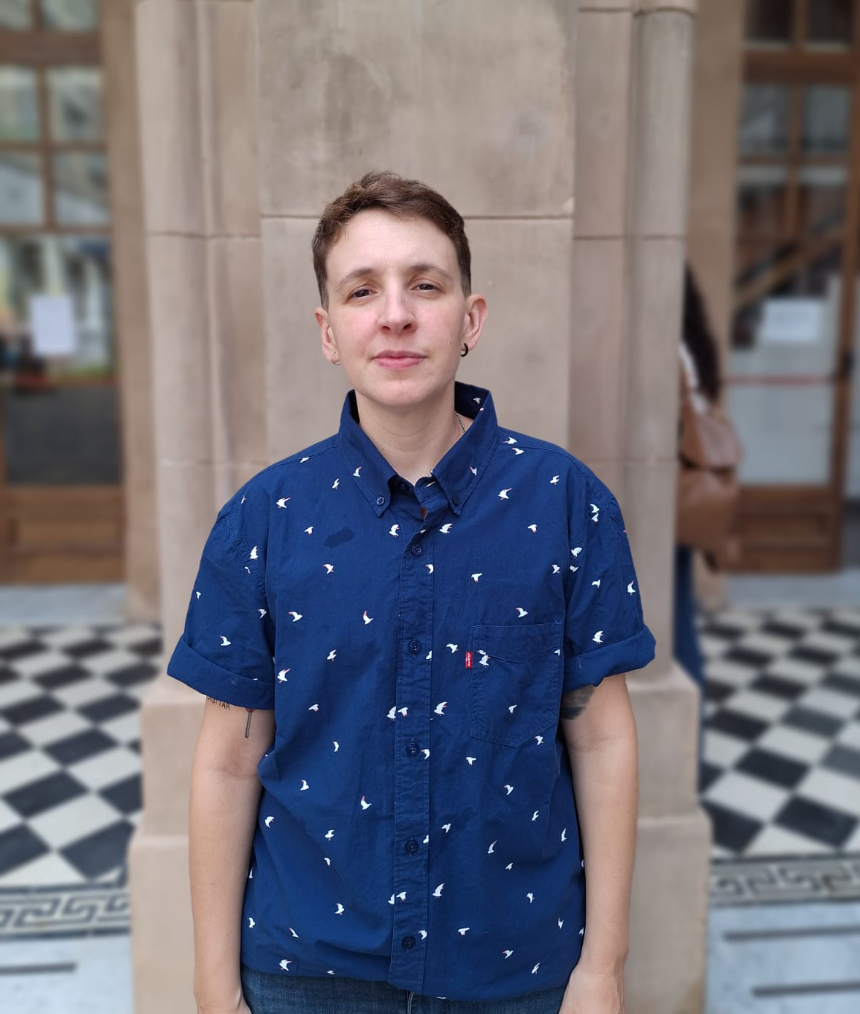The next few months we’ll be highlighting authors who have published in Culture, Medicine, and Psychiatry.
Romina Del Monaco is a researcher at the National Scientific and Technical Research Council (CONICET) and in the Gino Germani Research Institute, Argentina. Additionally, Romina is also a professor at University of Buenos Aires. Romina has a PhD in Social Sciences (UBA) and a Masters in Social Anthropology (FLACSO). Some of the topics of research include chronic pain, cognitive behavioral therapies, studies of gender and sexuality.
What is your article “Facing and Overcoming Pain Through Scientific Evidence: The Imperative of Exposure as a Psychological Technique for Cognitive Behavioral Treatments in Buenos Aires, Argentina” about?
The main objective is to analyze cognitive behavioral therapies and their particularities in a country with a strong psychoanalytic presence but, the results of the study show a field of discussion regards scientific knowledge, temporality, biology, gender, and the importance of social and economic transformations and their relation with health system and psychological treatments.
Tell us a little bit about yourself and your research interests.
I have worked as a researcher at the National Scientific and Technical Research Council since 2011 and I have always been interested in medical anthropology and the sociology of health. At first, I researched about chronic pain. I was interested in analyzing narratives about how people who suffer from migraines deal with it in everyday life and how neurologists treat this kind of pain. Then, I started working with psychotherapies, such as cognitive behavioral therapy. I have been studying how they produce specific knowledge, therapeutic intervention techniques, and distinctive treatment features (like temporary nature and duration). At the moment, taking into account social and legal transformations in gender and sexuality (such as gender identity law), I am studying these changes in relation to health institutions and, especially, psychology and psychiatry.
What drew you to this project?
I investigated cognitive behavioral therapies because in the late nineties, they increased their presence in Argentina and, unlike psychoanalysis; they emphasize the importance of scientific knowledge and the duration of therapies. So, taking into account Argentinian tradition in psychoanalytic therapies and the lack of studies in CBT they become an interesting subject to investigate.
What was one of the most interesting findings?
It was very interesting the relationship between social and economic changes and the increase of CBT in Argentina (especially in Buenos Aires). Also, it was interesting to analyze the narrative differences between cognitive behavioral therapy and psychoanalysis.
What are you reading, listening to, and/or watching right now? (Doesn’t have to be anthropological!)
Now I am reading a book called “Thing We Lost in the Fire” by Mariana Enriquez and I have just finished the last season of True Detective.
If there was one takeaway or action point you hope people will get from your work, what would it be?
I would like to connect with people who read my work and to exchange and discuss medical anthropology in general and the relationship between psychotherapies and gender in each country.
Other places to connect:
Website

